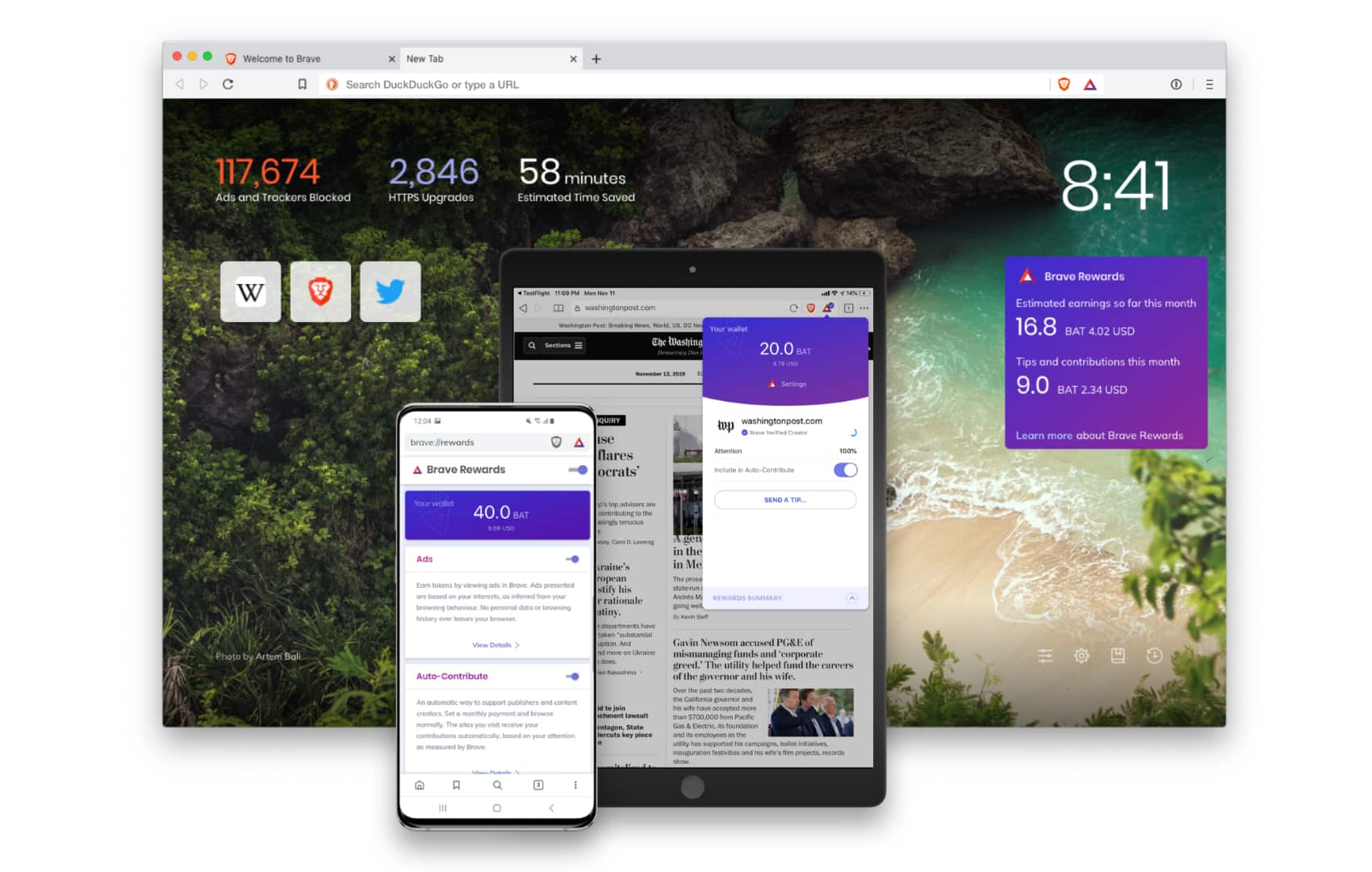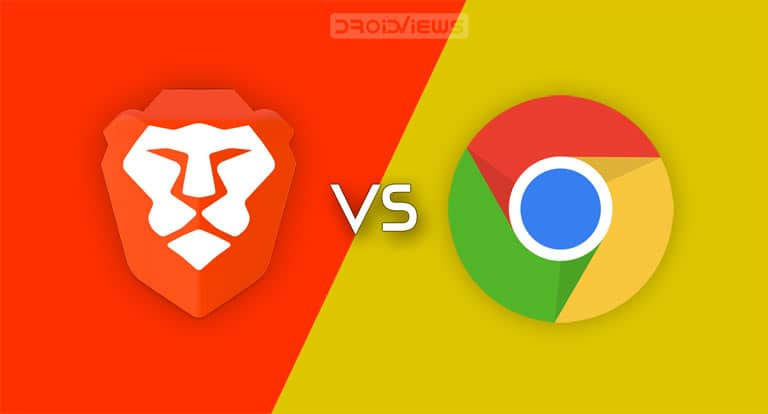

Brave has a built-in ad-blocker too but this is where Brave really stands out. They feature built-in ad-blocking, but still, people use Chrome which doesn’t do any of those things unless you install extensions. Some browsers have tried playing the privacy angle before such as Firefox and even Opera. You should also check out our detailed Brave Browser review to learn about all its pros and cons.

Brave Browser 1.0 is here now, so a Brave Browser vs Chrome showdown seems appropriate.

It was pioneered by Mozilla co-founder and JavaScript inventor Brendan Eich several years ago and it has finally made it out of beta. Brave Browser tries a different approach towards the same goal. Not only has it been unable to, but it has also actually lost market share to Google Chrome. In other words, it should make ad-free browsing a lot faster and less punishing on your computer.Mozilla has been trying to sell people on the idea of privacy for a long time now. "Although most users are unlikely to notice much of a difference in cutting the ad-blocker overheads, the 69x reduction in overheads means the device CPU has so much more time to perform other functions," Brave said. That in turn reduced request classification times down to 5.6 microseconds (millionths of a second). Taking inspiration from the popular ad-blockers Ghostery and uBlock Origin, Brave rebuilt its algorithms and boosted speeds by up to 69 times. The results are now available to try out on the company's Dev and Nightly channels. In order to address the concerns about speed, it decided to rebuild its ad-blocker with the aim of making it more efficient using Mozilla's Rust language instead of C++. That in turn would have a positive effect on Google's ad business, of course.īrave (along with Opera and Vivaldi) declared that it would stick with webRequest in defiance of Google, however, so that it's own ad-blocker would continue to work. That would help speed up browsing by blocking an API called webRequest, but would also have the effect of making most third-party ad-blockers unusable. As such, Google gets to dictate terms, and launched the Manifest V3 proposal. Nowadays, a large number of browsers including Opera, Brave and even Microsoft's Edge run on Google's Chromium engine.

Now, the third-party browser Brave, which uses Chromium technology, has essentially defied Google by unveiling extremely rapid ad-blocking tech (in beta) that's much, much faster than before, but without the Manifest V3 limitations. Google recently unveiled "Manifest V3," a new suite of proposed Chromium browser changes that would make it a lot harder to block ads.


 0 kommentar(er)
0 kommentar(er)
